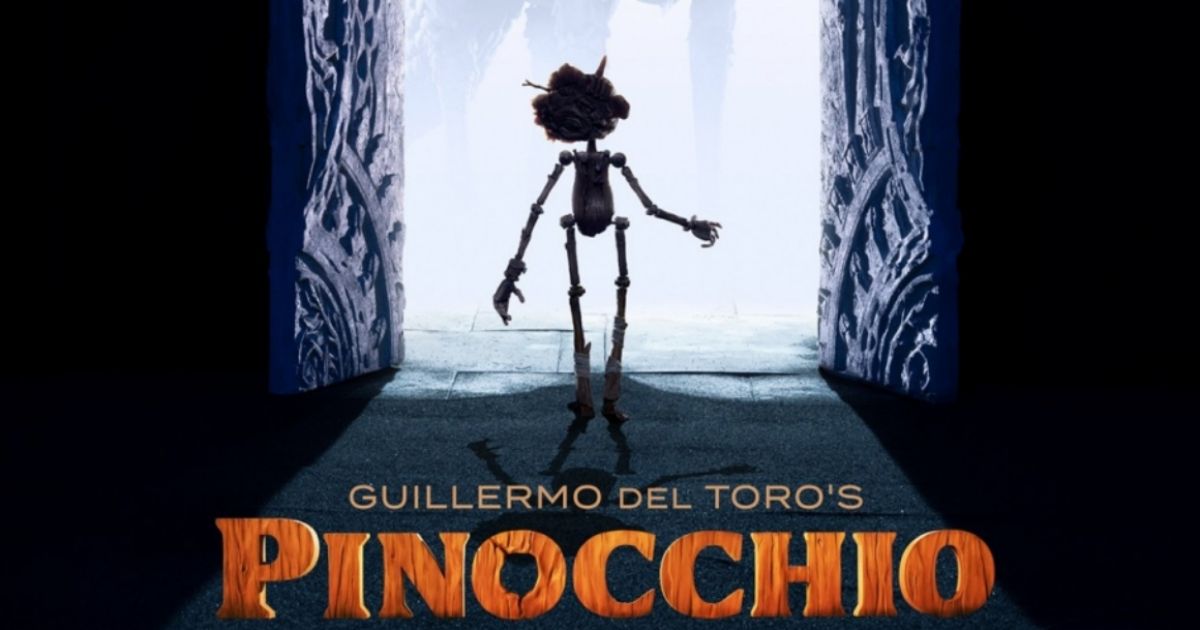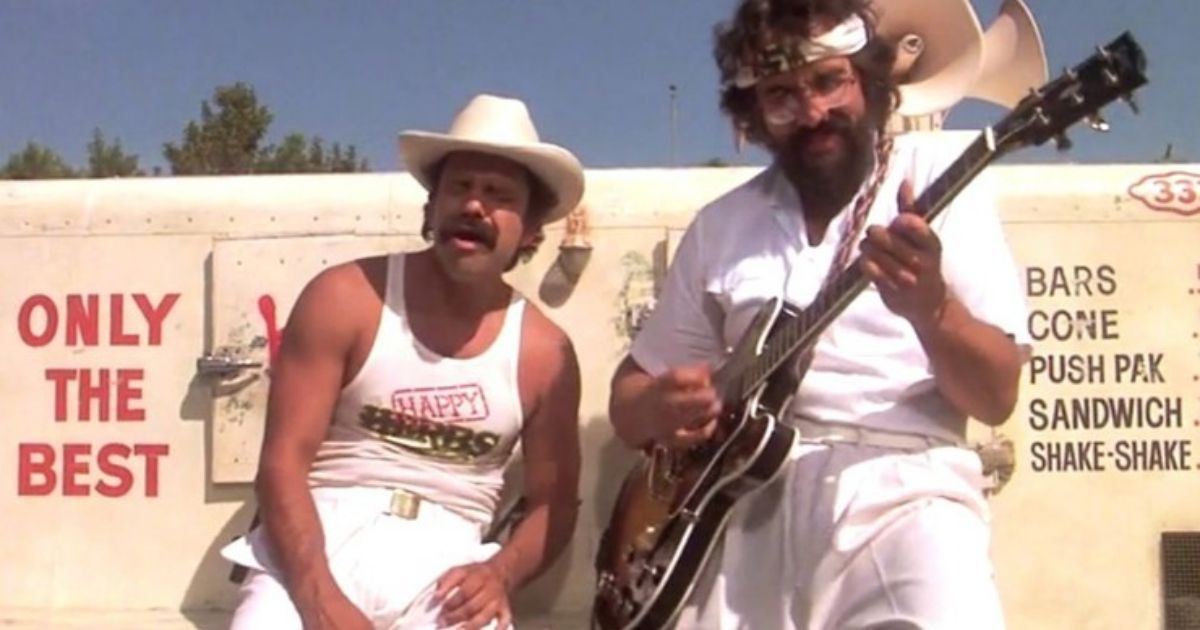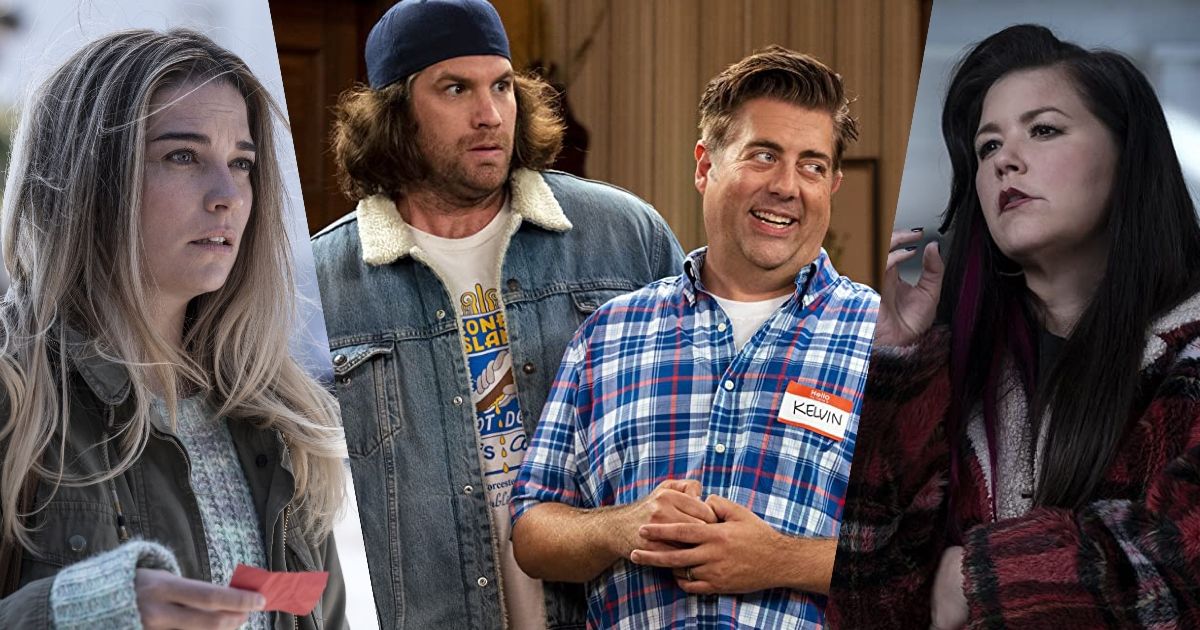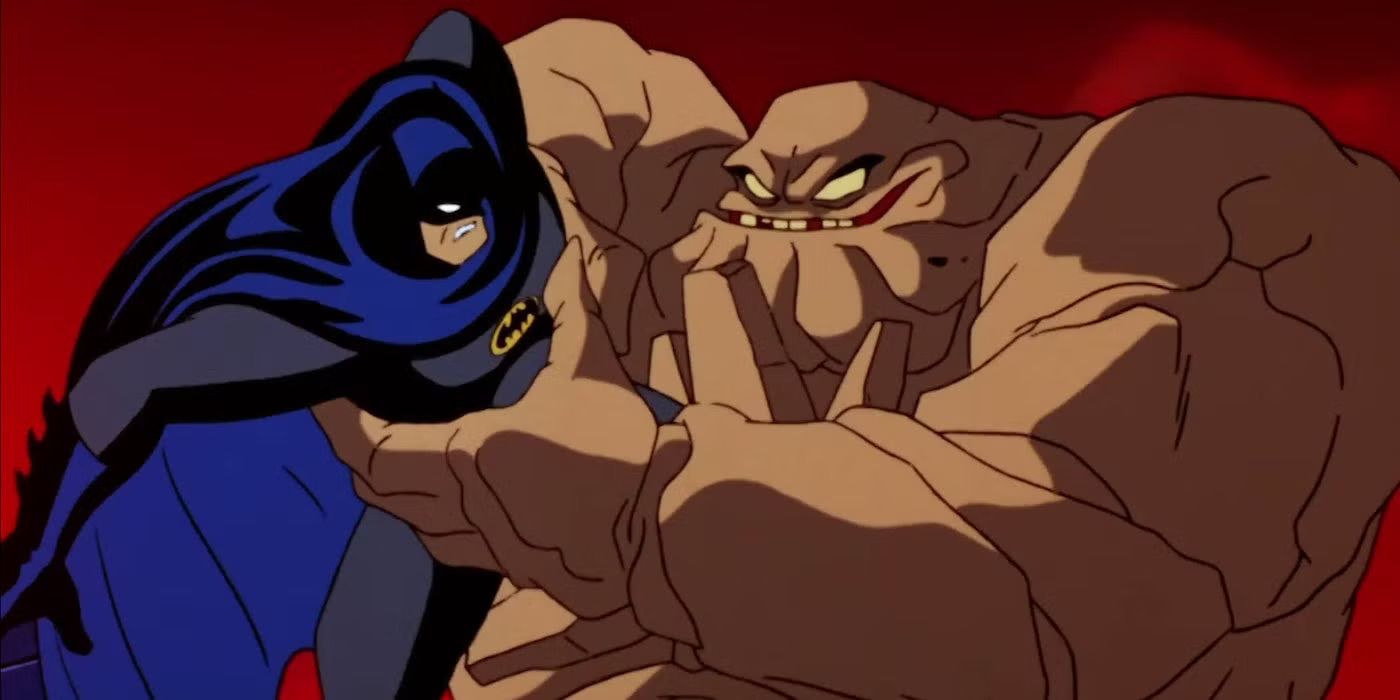For millennia, humans have asked, “What does it mean to be good?” The correct question for moral philosophers, however, is a bit different — “Who does goodness serve?” The Adventures of Pinocchio, by Carlo Collodi, has been around for nearly 140 years, and throughout that time it has reflected the contemporary ethics of various groups and cultures. From socialist collectives to fascists, the story of Pinocchio has been appropriated to serve a number of disparate ends.
As such, there have been numerous adaptations of the Pinocchio story, and even three in the past year. Guillermo Del Toro’s Pinocchio is undoubtedly the best version in over 80 years, ever since the 1940 version (which was only the second feature film from Disney). This adaptation has a nearly perfect Rotten Tomatoes score for good reason — it’s a visually stunning, emotionally heartfelt, and powerfully subversive take on the classic fable, reclaiming it from the hands of others who have used Collodi’s story like a puppet to proclaim their own ideologies.
MOVIEWEB VIDEO OF THE DAY
Del Toro’s take, with help from the great stop-motion animator Mark Gustafson (Fantastic Mr. Fox, The PJs), is perhaps the most meaningful iteration of this tale since the 1890s. Between its incredible animation, A-list voice actors, intense dedication to a political ethics, and deeply affecting emotionality, this Netflix Pinocchio is one of the year’s great, if not its greatest, animated films.
Del Toro’s Pinocchio Is Great For Kids and Adults Alike
Netflix
Guillermo Del Toro’s Pinocchio is an epic, stitched together from pieces of the original story but with refreshing new twists. It has an amazing cast (David Bradley, Ewan McGregor, Christoph Waltz, Tilda Swinton, Cate Blanchett, Ron Perlman, Finn Wolfhard, John Turturro, Tim Blake Nelson, and an absolutely perfect young Gregory Mann as Pinocchio and Geppetto’s deceased child). It has breathtaking visuals, only rivaled this year by the excellent Wendell and Wild. It has incredible music from the great Alexandre Desplat. Beyond all this, though, it has a firm grasp on history, and enough imagination to change it, even if things get a bit bleak along the way.
Yes, this iteration of Pinocchio is darker than most audiences are used to, but this is no way a bad thing or a warning to parents. The film deals honestly with topics like death, grief, war, and exploitation, but in sensitive and curious ways which would actually benefit children. After all, the longer that kids are raised with strictly positive, happy-go-lucky movies, the longer it will take for them to learn what life is; this was known by practically all cultures throughout history up until the past 80 years or so (when Disney’s Pinocchio premiered, not-so-coincidentally).
The Original Adventures of Pinocchio Was a Dark Parody
Netflix
The original story of Pinocchio, told episodically over the course of one year in an early Italian periodical, was not some polished, pleasant puff piece. Collodi, the author who began his career studying to be a priest before moving toward philosophy, rhetoric, and the politics of independence during the unification of Italy, was no mere children’s author. He was a serious man with complicated political opinions, but he was also swimming in the deep end of gambling debts, so he took on the job of writing textbooks for elementary classes and stories for children.
Related: Pinocchio Best Movie Versions, Ranked
Collodi birthed The Adventures of Pinocchio in the periodical publication Giornale per i Bambini (literally Newspaper for Children). His Pinocchio was very different from what we know today — Pinocchio literally kills the cricket and Geppetto is sent to prison for child neglect. Collodi was tired of writing the character, which he called “childish twaddle,” and so he ended Pinocchio’s adventures with the character literally being hanged to death. This led to outrage among parents and children alike, who wanted to see more of the character, and so Collodi begrudgingly brought him back to life, only to send him to jail for “crimes of foolishness.”
The historical point here is that Pinocchio is not some innocent children’s story, and when anyone says that Guillermo Del Toro’s Pinocchio is too dark, they’re ultimately ignorant of the source material. Pinocchio was an allegorical character, for Collodi and Del Toro alike, representing Italy, childhood, and perhaps innocence itself. Pinocchio is not a sweet story; Pinocchio is the human condition. As philosopher Benedetto Croce once wrote, “The wood out of which Pinocchio is carved is humanity itself.”
The Story of Pinocchio Has Been a Morality Tale
Netflix
In this historical sense, Del Toro is somewhat faithful to the original text (and even to the Disney film), though he doesn’t whitewash or decorate the film with comforting artifice. He follows many of the original anthology’s narrative beats, but builds upon it to create something more cohesive and politically significant. Geppetto loses his son after military planes bomb a church. Later, in a drunken rage, he chops down the pine tree near his son’s grave and whittles away a handmade boy. After stumbling down the stairs in his blackout, Geppetto awakens to find that his creation has come to life (with a little help from a literary cricket and an ethereal monster/angel).
Related: Children’s Movies That Were Unexpectedly Dark
A big part of the Pinocchio mythos has to do with conditioning children to behave. Even if Collodi’s original text was somewhat satirical and bitter, the Pinocchio story has been used to encourage children to accept three major things — work, study, and obey. This is the definition of “goodness” that most retellings impart; suffering ensues whenever Pinocchio strays from these commands (whether it’s disobeying his father, not going to school, or thinking for himself).
This is exactly why Pinocchio was reprinted in various editions during World War II as propaganda for Italian and German children, and why it was made into a movie by Disney. Pinocchio became a Nazi sympathizer on one side of the world, and a way to scold children into behaving properly Stateside.
Guillermo Del Toro Reclaims Pinocchio
Netflix
Del Toro does something incredibly important and utterly beautiful with his Pinocchio — he takes the fable back from the hands of fascists and moralizing 1940s Disney executives. His film resists the ideological grip placed upon Pinocchio by instead diving deep into actual history. Pinocchio comes to life during the second World War, and as a result, he is used by a variety of authoritative forces to do what they want. To them, being a ‘real boy’ (i.e. human) means conforming to the agenda and following orders.
A military general considers him to be the perfect prototype for a super-soldier for Mussolini’s fascist army forces; one exploitative businessman thinks he’s perfect for entertainment and commerce, and wants him to perform for Mussolini; his own father wants him to read his books, study, and go to school like all the other boys and become something he is not. Everyone is pulling the strings, because everyone just wants him to be another puppet, despite the fact that, like all of us, he was gifted with a unique life of his own. The Pinocchio story has always been about ethics, and how being ‘good’ can make you a ‘real boy’ (or a mature person). Del Toro, however, asks, “Who’s version of good are we talking about?”
“Follow my orders, learn to obey, and you will be the perfect soldier,” the general says. “I am the puppeteer, you are the puppet. I am the master, you are the slave,” the greedy businessman says. When Pinocchio does something of his own free will, someone responds, “This is what you get with an undisciplined mind […] Obviously the puppet is quite a dissident. An independent thinker, I’d say.” Everybody wants Pinocchio to do their version of ‘good,’ to obey what they think is ‘right,’ whether that’s militaristic, financial, educational, political, or national.
The Best Pinocchio Is on Netflix
Netflix
Like the book Pinocchio Goes Postmodern: Perils of a Puppet in the United States by Richard Wunderlich and Thomas J. Morrissey, Del Toro’s version deconstructs the ethics of the traditional story to unveil something more complicated and beautiful. Anyone who says that this film is not for children is simply not taking children seriously as human beings. A movie like this actually teaches kids what it means to be a ‘real boy,’ to be an ethical, decent, loving human being. This is a rich, beautiful, and thought-provoking film for all ages which reclaims the titular wooden boy, and with Del Toro, he’s in good hands.
Produced by Netflix Animation, Double Dare You! Productions, ShadowMachine, and The Jim Henson Company, Guillermo Del Toro’s Pinocchio is now streaming on Netflix.
You can view the original article HERE.






























